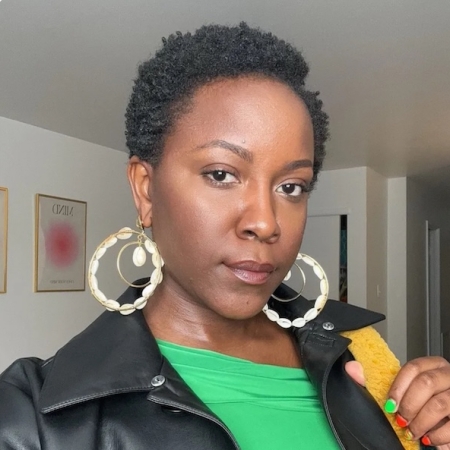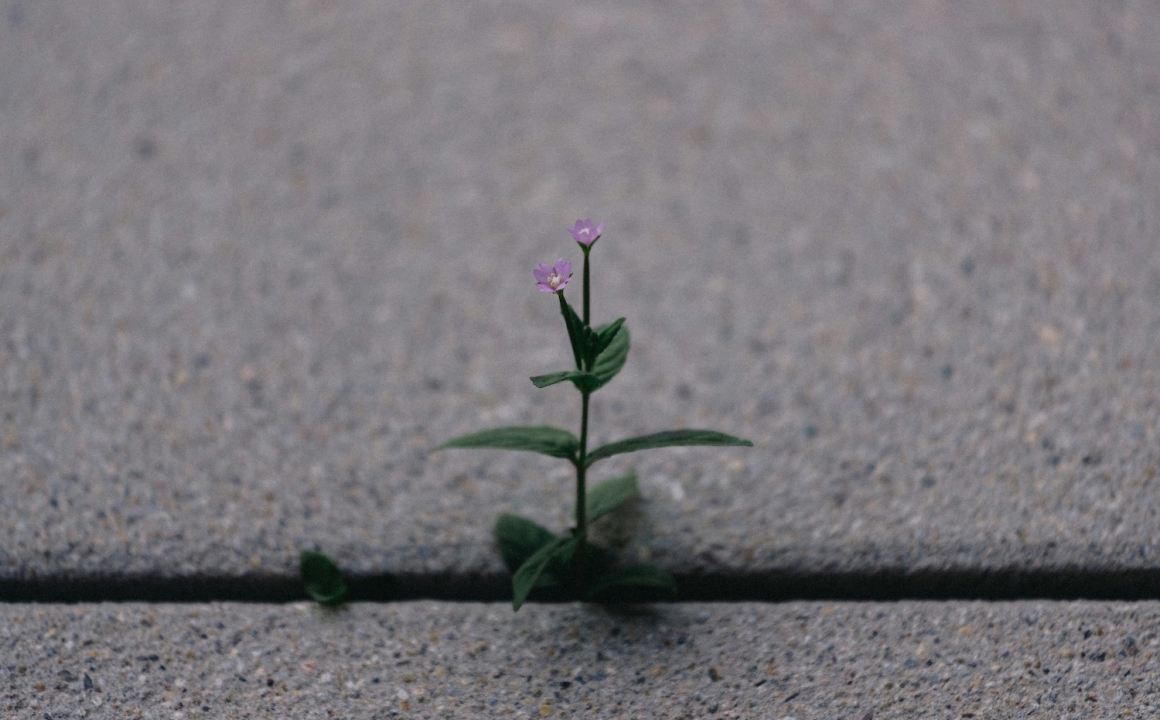Mastering Cognitive Flexibility and Persistence: Strategies for Overcoming Life’s Challenges

The Bold Idea:
Cognitive flexibility and persistence make life's struggles easier to navigate—and these skills can be learned.

Life is full of unpredictable obstacles and a person's cognitive skills may affect their ability to adapt and persevere in the face of adversity. There are two cognitive skills known as cognitive flexibility and cognitive persistence that play a crucial role in navigating these challenges. Cognitive flexibility allows individuals to shift perspectives, adjust strategies, and embrace change, while cognitive persistence ensures that a person sustains effort in overcoming difficulties (Dashe-Yee, 2025). Mastering these skills using mindfulness, embracing continued learning, goal setting, and having a growth mindset can significantly improve a person's ability to problem solve, their emotional resilience, and overall well-being.
Developing Cognitive Flexibility
Cognitive flexibility has been shown to play a crucial role in stress tolerance. Arizi-Ozcan et al. (2019) found that university students with higher levels of perceived stress exhibited lower cognitive flexibility. This decline in flexibility, in turn, resulted in reduced mindfulness, which further decreased distress tolerance. These findings suggest that fostering cognitive flexibility can mitigate the negative effects of stress. Developing this skill requires intentional practices like mindfulness. University students who practiced mindfulness had greater distress tolerance, meaning they were able to endure stressful situations without resorting to avoidance or negative coping mechanisms (Arizi-Ozcan et al., 2019).
For example, research shows that mindfulness practices, such as meditation, enhance cognitive flexibility by improving awareness of thoughts and emotions, allowing for more fluid responses to challenges (Moore & Malinowski, 2009). Another strategy to improve cognitive flexibility is by embracing continuous learning. Engaging in lifelong education, whether through formal study, self-directed learning, or skill development helps individuals enhance their cognitive flexibility by exposing them to new ideas, perspectives, and problem solving techniques (Diamond, 2012). By incorporating continuous learning into daily life, individuals can train their minds to be more adaptable and open to change which would ultimately foster greater resilience and persistence.
Strengthening Cognitive Persistence
While cognitive flexibility allows individuals to adapt, cognitive persistence ensures they remain committed to overcoming obstacles. According to Duckworth and Gross (2014) individuals with high cognitive persistence tend to have strong goal hierarchies that allow them to navigate obstacles without abandoning their long-term objectives. For example, when goal setting you can use the hierarchical goal framework, where higher-order goals define long-term aspirations, mid-level goals serve as stepping stones, and lower-order goals consist of specific actions to achieve them. This structure fosters cognitive persistence by maintaining motivation, minimizing distractions, and promoting flexibility which allows individuals to adapt strategies without abandoning their overarching goals.
Another important strategy is developing a growth mindset which is the belief that your abilities and intelligence can improve with effort. Dweck (2006) research on mindset highlights that individuals who view challenges as opportunities for growth are more likely to persist through difficulties.
Conclusion
Cognitive flexibility and cognitive persistence are essential skills for overcoming life’s challenges. Research suggests that individuals who cultivate both cognitive flexibility and persistence are better equipped to adjust to change, maintain motivation, and achieve long-term goals (Chow et al., 2019; Diamond, 2012). Developing these abilities requires intentional effort, including practicing mindfulness, embracing continuous learning, goal setting, and fostering a growth mindset. By integrating these strategies into daily life, individuals can build resilience and navigate life’s uncertainties with confidence.
References
Arici-Ozcan, N., Cekici, F., & Arslan, R. (2019). The relationship between resilience and distress tolerance in college students: The mediator role of cognitive flexibility and difficulties in emotion regulation. International Journal of Educational Methodology, 5(4), 525–533.
Chow, P. K. Y., Lea, S. E., & Leaver, L. A. (2016). How practice makes perfect: the role of persistence, flexibility and learning in problem-solving efficiency. Animal Behaviour, 112, 273–283. https://doi.org/10.1016/j.anbehav.2015.11.014
Dashe-Yee, K. (2025) Executive functioning [PowerPoint slides]. Canvas.
Diamond, A. (2012). Executive functions. Annual Review of Psychology, 64(1), 135–168. https://doi.org/10.1146/annurev-psych-113011-143750
Duckworth, A., & Gross, J. J. (2014). Self-control and grit. Current Directions in Psychological Science, 23(5), 319–325. https://doi.org/10.1177/0963721414541462
Dweck, C. S. (2006). Mindset: the new psychology of success. Choice Reviews Online, 44(04), 44–2397. https://doi.org/10.5860/choice.44-2397
Moore, A., & Malinowski, P. (2009). Meditation, mindfulness and cognitive flexibility. Consciousness and Cognition, 18(1), 176–186. https://doi.org/10.1016/j.concog.2008.12.008
